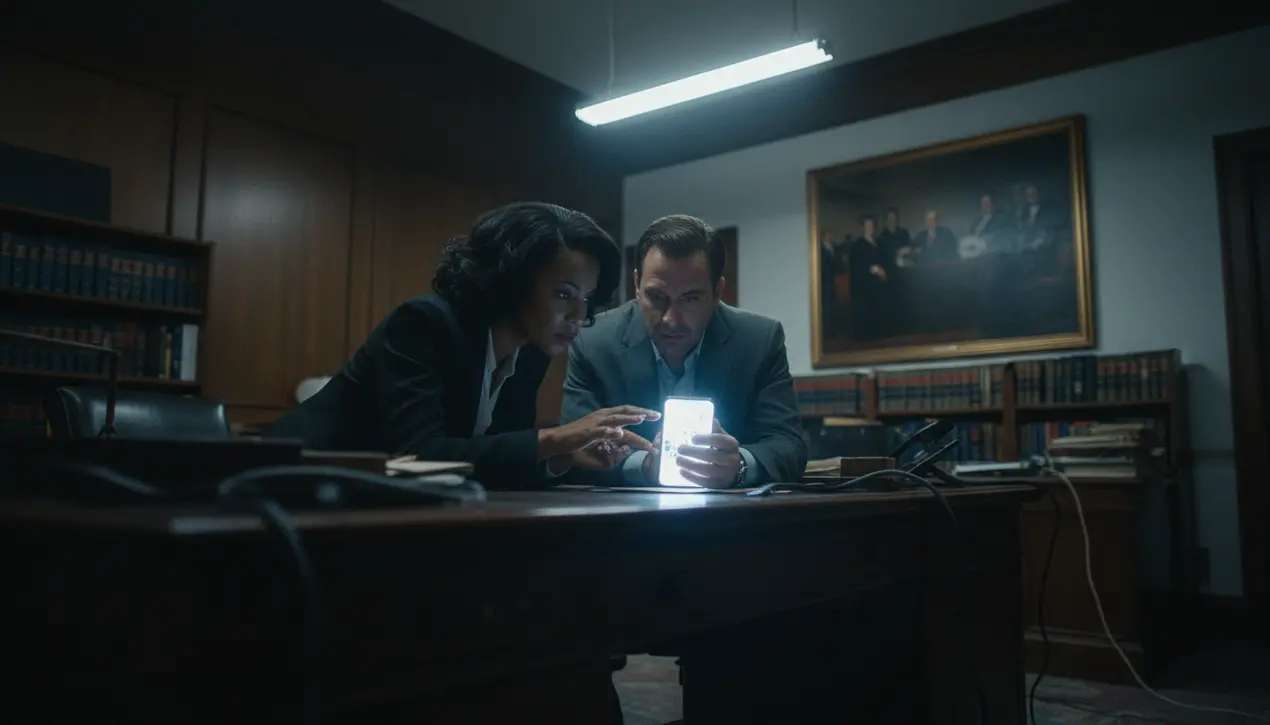
CryptoregulationLegal Cases
Anna, Lindsey Halligan Here: Signal Exchange on Letitia James Grand Jury
RO
Robert Hayes
2 hours ago7 min read
The recent Signal exchange between an individual and the interim U. S.attorney concerning the Letitia James grand jury represents a significant and troubling development in the ongoing intersection of legal procedure and political theater, a moment that would not feel out of place in the annals of historical political confrontations. This is not merely a private conversation; it is a symptom of a deeper erosion of institutional norms, reminiscent of the tense, wire-laden corridors of power during the Watergate era, where informal communications began to undermine formal processes.The very nature of using an encrypted platform like Signal for discussions pertaining to a grand jury, a foundational pillar of the American judicial system intended to operate in solemn secrecy and deliberate impartiality, raises profound questions about transparency, influence, and the integrity of high-stakes investigations. Letitia James, the New York Attorney General, has positioned herself as a formidable legal force, her office's inquiries often carrying the weight of monumental political consequences, and any external communication regarding her proceedings must be scrutinized with the utmost seriousness.One must consider the historical precedent: grand juries have traditionally served as a buffer between the state and the citizen, a concept dating back to English common law and enshrined in the Fifth Amendment of the U. S.Constitution, designed to prevent unfounded prosecutions. When the channels of communication about such a body shift to ephemeral, encrypted messages, it risks casting a shadow over its sanctity, potentially creating perceptions of pre-judgment or external pressure that could compromise its independence.The involvement of an interim U. S.attorney adds another layer of complexity, hinting at the fragile dynamics within the Department of Justice and the potential for unresolved authority to create vacuums where informal influence can fester. Analysts must ask: what was the substantive content of this exchange? Was it a routine update, or did it venture into the territory of strategy or opinion? The consequences are far-reaching; such interactions, if inappropriate, could provide fertile ground for legal challenges, claims of prosecutorial misconduct, and a further decline in public trust in legal institutions already strained by partisan divisions.This event underscores a modern dilemma—the tension between necessary confidentiality and dangerous opacity. In an age where digital footprints are both permanent and easily concealed, the guardians of justice must navigate with an unwavering commitment to procedural purity, lest the very tools meant to protect become instruments that undermine the rule of law. The story here is not just about a text message; it is about the enduring challenge of maintaining the integrity of democratic institutions against the corrosive forces of informal influence and technological ambiguity.
#Letitia James
#grand jury
#Signal
#interim US attorney
#investigation
#featured
Stay Informed. Act Smarter.
Get weekly highlights, major headlines, and expert insights — then put your knowledge to work in our live prediction markets.
Comments
Loading comments...
© 2025 Outpoll Service LTD. All rights reserved.